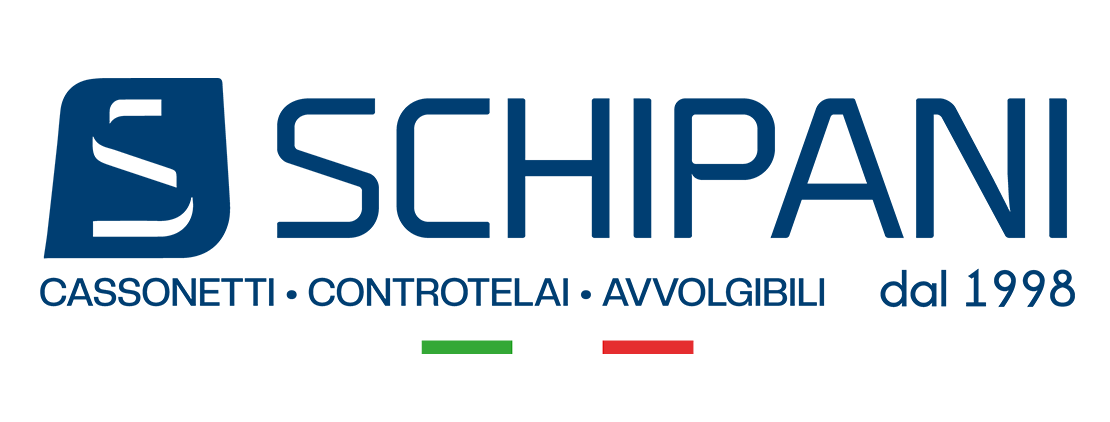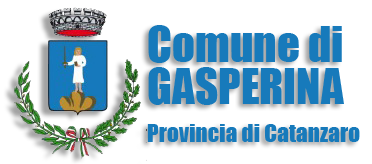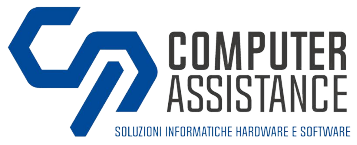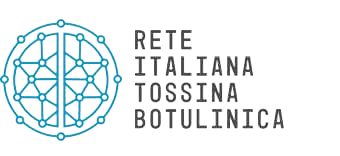A Web portal, specifically designed for companies, it is a web application designed to provide a single access point to all the features that the company makes available to its users, be they customers, suppliers or even internal staff.
A corporate web portal, in fact, centralizes online services and creates a complete and versatile window to project users into the company.
Tools of this type, nowadays, have a fundamental role for companies that want to optimize their operations, improve internal and external communication and provide a personalized service to their customers.
THE advantages, operationally speaking, they are huge and, given the possibility of complete customization of the portals, they can revolutionize for the better almost all aspects and services of companies of all sizes and in every economic sector.
What is a Web Portal
A web portal is aapplication accessible via browser, which eliminates any need for installation on personal devices and allows the use of services from any geographical position and from all devices connected to the network.
The main difference with traditional websites (but we will delve deeper into this topic later) is that web portals are usually reserved for a limited audience and require theuser authentication via username and password.
Web portals, based on the specific functions they are programmed to perform, can then be divided into different types. Some examples include:
– Portals for Corporate Business
Designed to manage functions facing the company's customers and suppliers. They allow the site to interact with internal management applications and data, simplifying processes such as the purchase order and the management of relationships with suppliers.
– Communication Portals
Useful for publishing company news and updates, they are mostly used in editorial companies that wish to show specific content only to authenticated users, but they can be used to optimize company communication with employees in any context.
– Portals for Data Collection
They use web procedures to give the possibility of collecting, storing and managing large quantities of data coming from users who log in to the portal, for example, to provide documents or fill out surveys and forms of all kinds. They are often used by public bodies to manage requests for access to certain services.
– Corporate Collaboration Portals
They allow a company's employees and collaborators to efficiently share and collaborate on documents, projects and tasks. These portals offer a centralized online environment where people can interact, exchange ideas, manage projects, share resources and collaborate in real time, whether they are working on-site or across geographical locations.
Main Functions of Web Portals
As we have already specified, web portals can be personalized in all respects based on the specific needs of the company that commissions its creation.
For this reason they offer a variety of functions which it would not be possible to list because they are potentially constantly growing and differentiating.
Just think of the different types of services that every company, in every different sector, can offer online to its users to understand when the functions of a web portal can range in usefulness.
However, they exist essential features for a good web portal which fall in the order of:
– Authentication and Profile Management
An important feature of web portals is the ability for users to authenticate with a username and password. This allows secure access to information and services reserved only for authorized users. Profile management allows users to personalize their preferences and data in compliance with privacy regulations, such as the GDPR.
– Modular and Versatile Structure
Web portals can be structured in a modular way, allowing the association of certain functions or specific contents to users or groups of users. This allows for greater flexibility and customization of the user experience.
– Security and Data Protection
The high IT security standards of the web portals guarantee the protection of sensitive information and repel attacks coming from outside. Security is a crucial element to maintain the trust of customers and suppliers.
– Data Synchronization
Web portals can be integrated with other software used by the company, such as management, accounting or warehouse systems, to allow efficient data synchronization.
– Processing Speed
Web portals must be able to handle intense workloads and ensure adequate response times to meet user needs, even during peak traffic.
Development of Web Portals
The development of a web portal It requires careful planning and purposeful design to ensure it meets the specific needs of the business and its users.
In the creation of these instruments, therefore, the developers they will have to follow some key phases which include:
– Requirements analysis
Understanding user needs and expectations is the first step in developing a web portal. This phase includes identifying the required features, target audience, and security requirements.
– User Interface Design
The appearance and navigation of the web portal must be intuitive and user-friendly. Good user interface design ensures a positive user experience and makes it easier to discover key functions.
– Development and Implementation
In this phase, the modules and functions of the web portal are developed, taking into account the requirements identified in the analysis phase. Implementation involves creating the technical infrastructure needed to host the portal.
– Test and Evaluation
Before the official release, the web portal must undergo rigorous testing to verify its functionality, security and compatibility with different devices and browsers. User feedback can be helpful in making any improvements.
– Release and Monitoring
After the portal is released, it is important to monitor performance and usage to ensure optimal operation. Periodically updating features and content keeps the portal in step with the changing needs of users and the company.
Differences between Web Portals and Websites
It is easy to fall into the trap of considering web portals like any other website.
The main differences between web portals and traditional websites concern the public to which they are intended, the functions offered and access to information:
– Limited Public vs. Undifferentiated Public:
Web portals are designed for limited audiences, such as the company's internal staff, customers and suppliers. In contrast, traditional websites are accessible to an undifferentiated audience and do not require user authentication.
– Customization of Functions:
Web portals offer customized functions based on user roles and permissions. Traditional websites, on the other hand, are usually more static and provide the same information to all users.
– Security Levels:
Web portals have higher security requirements than traditional websites, as they must protect sensitive and confidential customer and company information.
Advantages of Web Portals for companies
The use of web portals offers a series of significant advantages for companies, which through these tools can truly differentiate themselves from the competition.
First of all a clear one improvement of operational efficiency, as web portals simplify and automate internal processes, reducing management times and optimizing business operations.
These tools also guarantee perfect management of internal and external communication, because they facilitate communication between internal staff and company departments, as well as between the company, customers and suppliers.
One of the advantages that most of all differentiates companies that exploit web portals from those that do not yet lies in the personalization of the User Experience.
Web portals, in fact, offer a personalized experience for users, providing them access to information and functions relevant to their role or specific needs.
And again, these tools deliver greater data security, thanks to high security systems, with which they protect the company's and customers' sensitive information, guaranteeing trust and data privacy.
Last but not least, there is the factor linked toaccess from any device.
Web portals, allowing access from mobile devices such as smartphones and tablets, offer greater flexibility and accessibility for users.
Only the right partner can guarantee you the best results: rely on Noitech
Web portals represent a fundamental resource for modern businesses and investing in creating a web portal suited to your company's specific needs can lead to a significant competitive advantage in digital market.
The only way to grow your business and achieve competitive and economic advantages, however, is to create a truly complete web portal, capable of offering completely personalized services, information and content to the various company stakeholders.
This is why it is essential to rely on the right partner.
In Noitech we have the know-how, the experience and the perfect team to satisfy every type of need and for create customized web portals but above all efficient.
We follow you step by step, from the definition of your needs and your target. going through the creation of your software and guaranteeing support and assistance continuous over the years.
Only in this way can you be sure that you have created the digital tool best suited to your objectives, and that you are insured the right partner for your project.
Contact us even just to clarify further doubts.





















